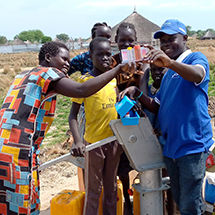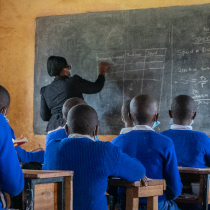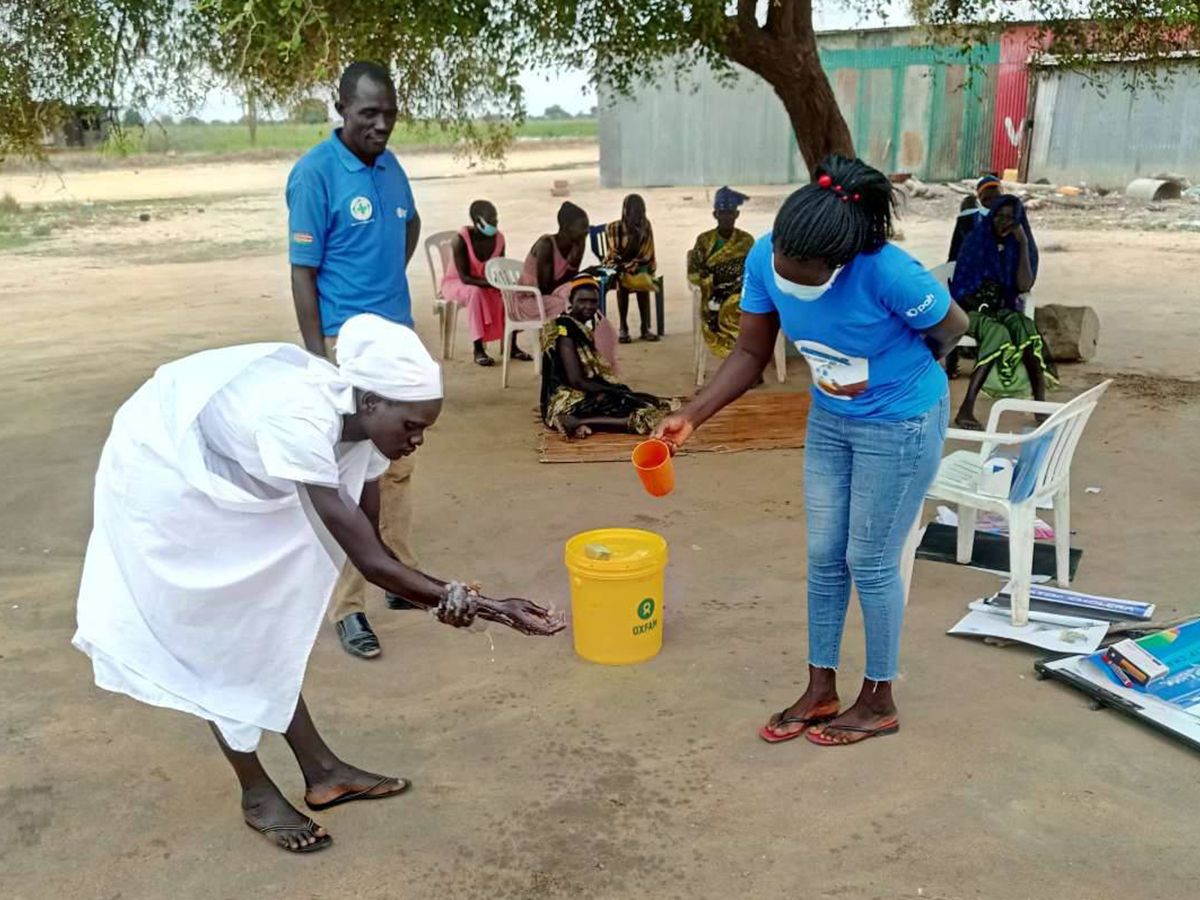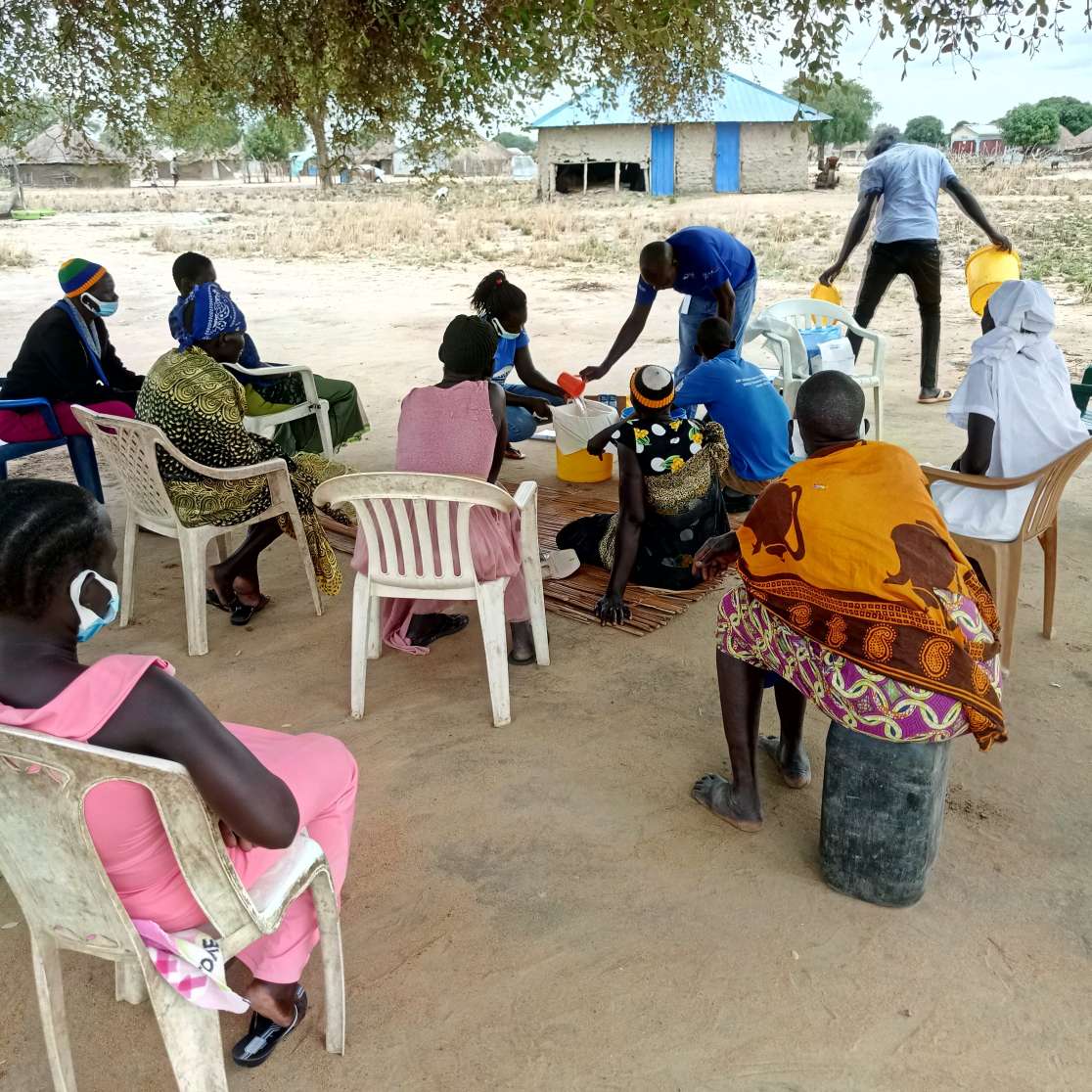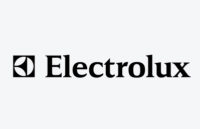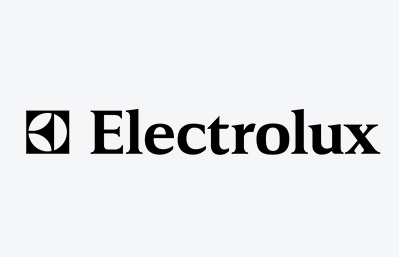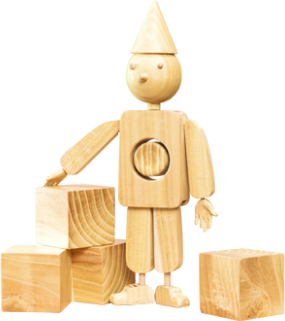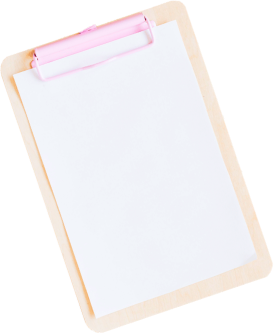Yemen

Population:
30.5 million

Number of people in need of humanitarian aid in 2021:
20.7 million

Number of internally displaced persons:
4.3 million

We started helping in:
2019

Cost of aid provided by PAH in 2021:
5 844 137 PLN

Number of people we reached with aid:
46 143
The ongoing armed conflict, the economic crisis, the risk of natural disasters, climate changes, as well as the COVID-19 pandemic made 2021 a very difficult year for Yemenites.
In 2021, PAH continued its projects in the healthcare sector by supporting seven clinics and one hospital in the Abjan, Aden, and Ad Dhale governorates. With the goal of restoring full functionality of the healthcare centres, PAH’s activities included but were not limited to deliveries of medicines, hardware, and medical products, items of everyday use, repairs of the building’s sanitary infrastructure, other repair works, and deliveries of water. Furthermore, we aided the medical personnel by holding trainings and paying their salaries. The scope and form of support were matched to each clinic’s actual needs. Bearing in mind that many people could not take advantage of medical services due to problems of logistical nature and some pregnant women prefer traditional childbirth at home, PAH equipped and trained local volunteers and midwifes. This made it possible to reach local inhabitants, as well as provide medical aid and advice outside the clinic.
Learn more






